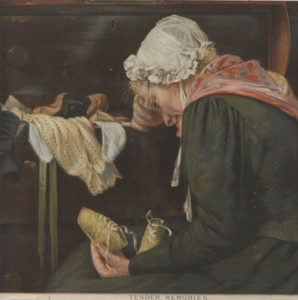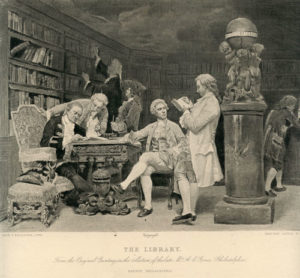RE-IMAGINE THE PAST
C.S. Forester, famous for the Hornblower series, once described himself as a jellyfish drifting along on the ocean currents waiting to absorb the nourishment of ideas, which would eventually become a plot, story line, character or outline. James A. Michener described the process of writing an historical novel as one of constant exploration—a process of trial and error—like the charting of a new river.
I like to think of the process like a gardener with the seeds of ideas floating on the wind of your imagination. Sometimes germination happens in the current growing season. Other times, it takes years. Sometimes it never germinates.
My own novel, Behind the Scarlet Letter, lodged itself in my imagination for nearly a decade, before the first sentence appeared on the page.
But where do most writers of historical fiction start?
 With research!
With research!
And will this surprise you, if I told you that writers of historical fiction love research? No, I take that back. They are passionate about it. Some do it to the maddening point where little gets done and the plot and story line suffers. And the others? Well, they never actually get to the point of writing a thing.
This blog is about the historical fiction journey. Understand this. To get started, you gotta jump into the past and let go of everything you know, or think you know about history—and re-imagine the past. You have to unshackle yourself from the dull boredom of dates and assigned myths. To paraphrase Hilary Mantel, you must not abdicate the past to the historian. For history is a black box. Just ask any four people who have witnessed the same baseball game. Not only will you get four different story lines, but in some cases different scores. (You get my point and a topic for another blog on memes.)
In another life, I was trained as an anthropologist. Perhaps, the most useful concepts in anthropology is cultural “relativism” (the idea that every point of view has its own truth). The other is the objective analysis of artifacts, like projectile points or bone fragments or pot shards or clothing fragments, etc. You get the point. Each tells a story like evidence at a crime scene. Anthropology is the CSI of ancient cold cases.
 Both ideas can be applied to story telling. But remember: a novel has to first and foremost have a compelling and entertaining story. All the boxes have to be checked off—beginning, point of no return, middle, deeper middle, conclusion, and of course, the secret sauce—the right words, in the right order.
Both ideas can be applied to story telling. But remember: a novel has to first and foremost have a compelling and entertaining story. All the boxes have to be checked off—beginning, point of no return, middle, deeper middle, conclusion, and of course, the secret sauce—the right words, in the right order.
The library is a good place to start your research, but not as rich as the treasure drove of lost history found in (cue the drum roll)… archives found in judicial and probate offices.
In the next few blogs, I will explore—the probated will. Hang in there. I know what you’re thinking. But the probated will is not only a legal document about the disposal of things, but holds the secrets of the dead—the people, places, and things that were important, or in some cases, not important to the deceased.
Just one more thing. I would love to see your comments in print, along the way. But there are some ground rules. To quote the great English bard, “Love all, trust a few, and do wrong to none.” It’s not all about kind speak, but if it’s about personal attacks, visit some other site where they enjoy the head bashing and knuckle bruising. Thank you!





No Comments